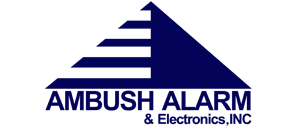Virtual data rooms are distinctive software products for businesses that help reduce cyber-attacks and safeguard sensitive files. They have become essential for due diligence, M&A, and other business transactions. Not all VDR providers are created equal. They differ in terms of functionality as well as storage capacity and pricing. Additionally, some provide additional services to aid in a smooth transaction.
A reliable VDR provider will offer a secure online repository as well as robust security features, including two-step authentication sessions, session timeouts and location restrictions document watermarking, view-only modes, screenshot blocking, the ability to grant user permissions to users in granular ways, and numerous options for downloading https://dataroomsite.com/how-to-choose-a-virtual-data-room/ documents. The efficiency of the VDR is enhanced through the addition of features like the ability to customize your dashboard or even an integrated eSignature tool. The most efficient VDRs have a fast uploading speed, virus scanning and various storage options.
Some VDRs are focused on specific industries. Some VDRs, for example, provide compliance-centered solutions to medical and biotech companies. Some are designed to facilitate M&A diligence. For example, SmartRoom is an M&A-centric VDR that simplifies the life of deal makers by providing features such as one sign-on procedure for all parties involved in transactions along with built-in redaction tools and various project management tools.
Other specific to the industry VDRs include those that are designed specifically for law enforcement, real estate, and accounting. These applications require the frequent transmission of documents that need to be secured from unauthorized viewing. Construction of a building is a prime example where contracts have to be exchanged with several contractors at the same time. A reliable VDR allows these documents to be saved, and then viewed easily by remote users.


